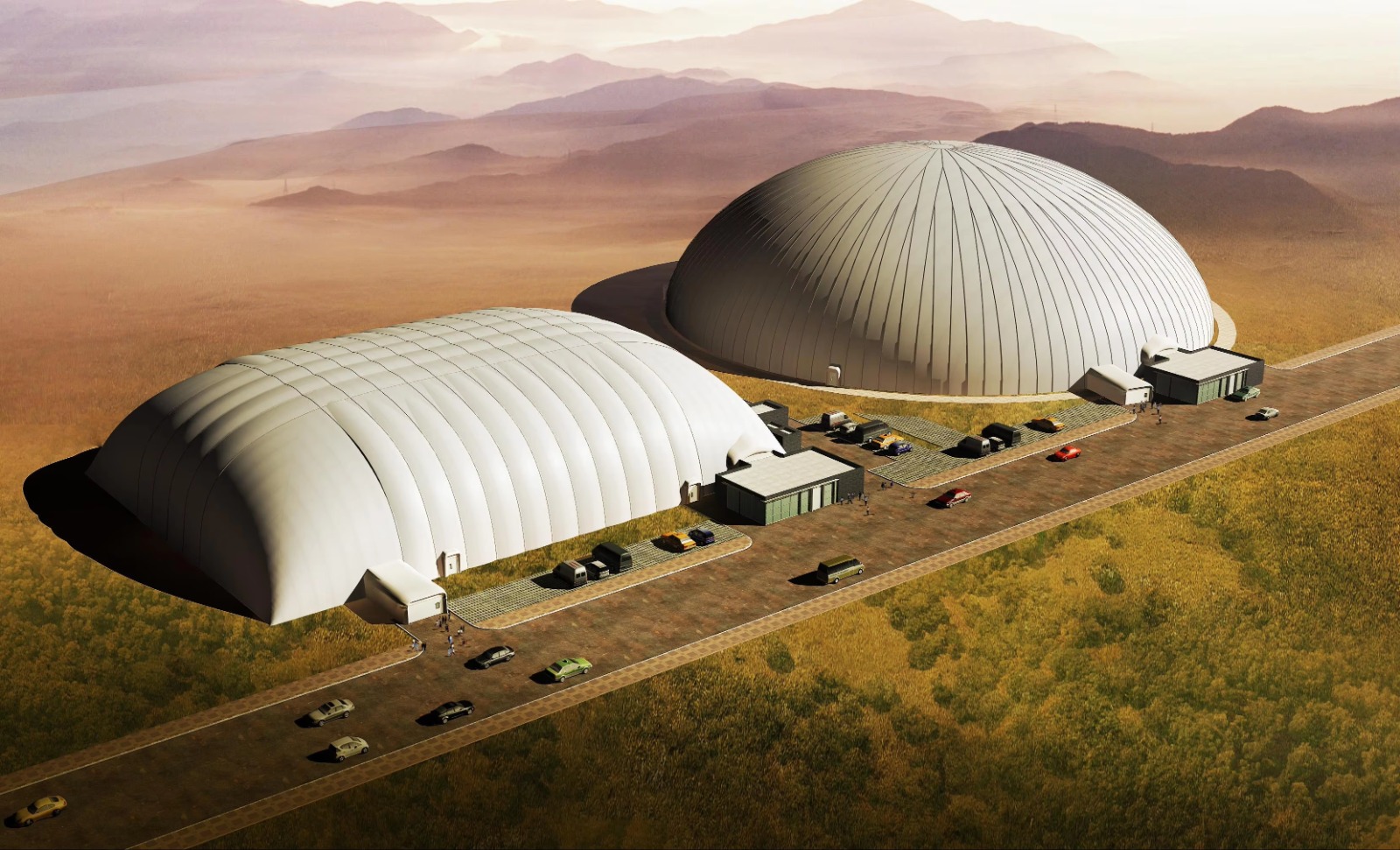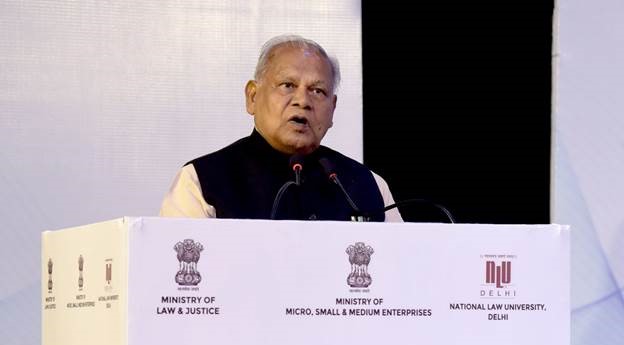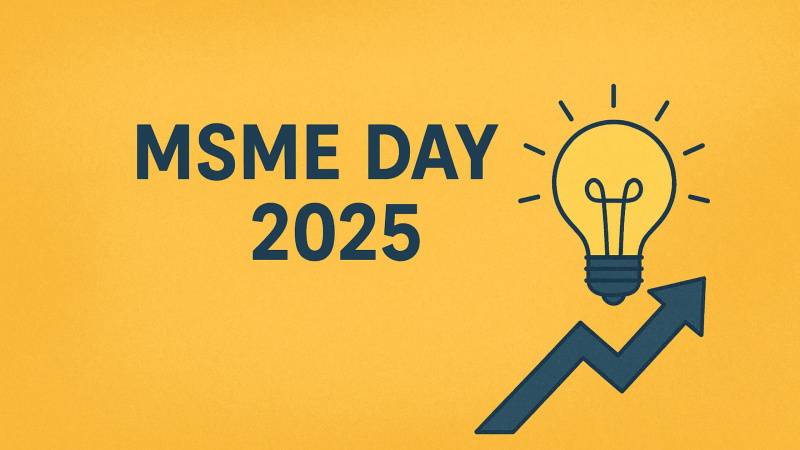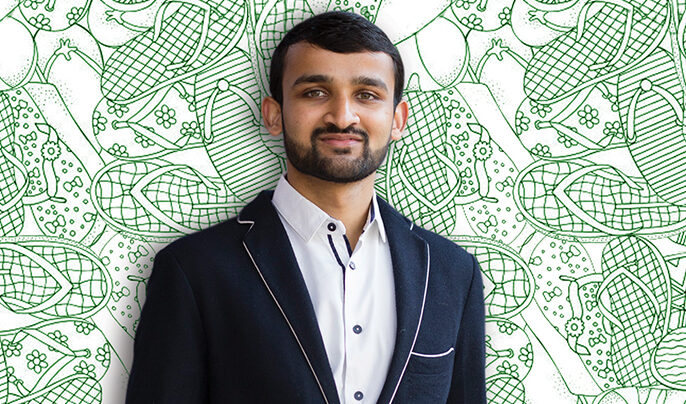The World Economic Forum (WEF) has recognized 10 Indian startups in its 2025 cohort of 100 Technology Pioneers. This shows India’s growing impact in the global deep-tech scene. These startups lead in areas like space technology, electric vehicles, robotics, and healthcare, introducing many new ideas.
India is getting more involved in advanced technology, especially in space. Many new space-tech companies are emerging, such as Pixxel, which is based in Bengaluru. Pixxel is creating a network of satellites to observe Earth using advanced imaging technology. The company has partnerships, including one with NASA, and has a modern manufacturing facility. This shows India’s goals in commercial aerospace.
10 Startups That Were Honored:
- Agnikul– It provides affordable, personalised space launch services.
- CynLr– Produces highly intelligent robots to help manufacturers and logistics companies set up fully automated factories.
- Dezy– Using artificial intelligence, Dezy lowers the cost and increases accessibility to dental care.
- Digantara– Provides space intelligence to international space authorities and vital support to commercial space operators.
- Equal– It offers a complete solution that incorporates consent-based financial data sharing and identification verification.
- Exponent Energy – Makes rapid 15-minute charging for electric vehicles affordable and scalable through innovative systems.
- Freight Tiger – Develops India’s largest software-enabled freight network to help businesses move goods efficiently and at lower costs.
- GalaxEye – Creates a comprehensive Earth observation system with multiple sensors.
- SolarSquare – Helps homes in India switch to solar energy with complete solar panel systems.
- The ePlane Co. – Develops flying electric taxis for travel within cities.
Clean Energy & EV Innovations
India’s drive toward clean energy is reflected in the selection:
- AmpereHour Solar is creating dispatchable renewable energy systems suitable for large-scale usage.
- International Battery Company is manufacturing prismatic lithium-ion batteries tailored for electric mobility applications.
Additionally, EV/robotics firm Pravaig (though not in WEF’s list) is making headlines with its advanced electric vehicle platforms, earning recognition from India’s Ministry of Defence.
Robotics, Healthcare & AI Leadership
India’s tech pioneers extend into robotics, healthcare, and AI:
- Theranautilus, a nanotech-med device startup, uses nanorobots for dental treatments, showcasing leadership in medical robotics.
- Niramai Health Analytix offers an AI‑based, non-invasive breast cancer screening method.
- HealthPlix has developed AI-driven EMR systems to support clinical decision-making.
- Sarvam AI, based in Bengaluru, is focused on large language models customised for Indian languages and enterprise use cases.
AgriTech & Vernacular EdTech
The WEF cohort also includes startups targeting agriculture and education:
- Cropin, based in Hyderabad, provides SaaS farm-management tools to integrate data-driven agricultural decisions.
- Entri and NxtWave are enhancing learning accessibility via vernacular language education and AI-powered coding courses.
- String Bio uses microbial processes to convert greenhouse gases into sustainable bio-products for agriculture and nutrition.
What It Means for India’s Tech Ecosystem
International recognition: In accordance with international innovation standards, Indian businesses are currently acknowledged in four of the five primary deep-tech categories.
Impact across sectors: The chosen companies work in vital fields like clean energy, medical technology, space exploration, and artificial intelligence in local languages.
Final Take
India has included 10 Technology Pioneers in 2025. This is an important moment for the country. These startups are working on new advancements in space, electric vehicles, robotics, artificial intelligence, and climate-friendly innovations. This shows that India is key in shaping the future of global deep technology.
Also Read: India Secures 3rd Spot Globally in Tech Startup Funding for H1 2025























